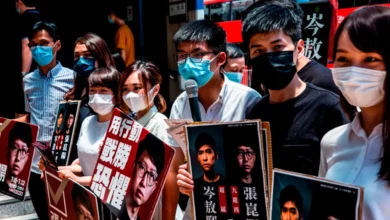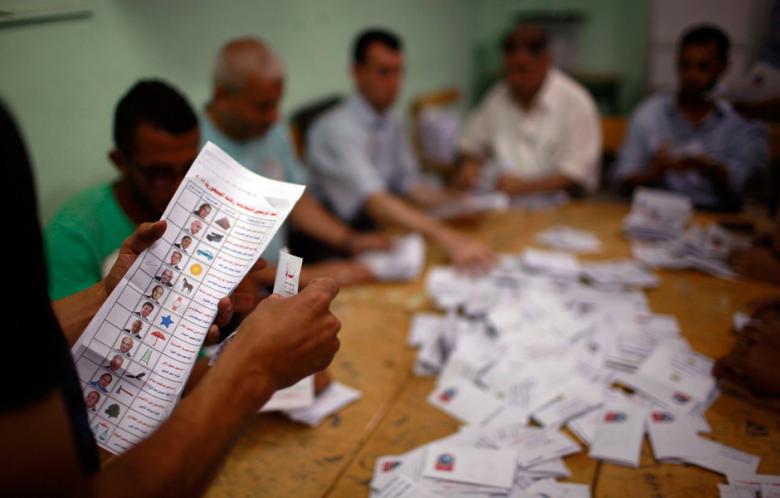What’s the relationship between nuclear power and democracy? This question may appear strange as the two seem entirely unrelated, at least at a first glance. What does popular sovereignty have to do with the production of atomic energy?
Like other industries, nuclear energy can pose immense hazards to humans beings and their environments, due to the production of radioactive waste and the risks of nuclear accidents. European countries have a history of public debate around the nuclear power industry, which in part has led to the signing of the Aarhus Convention, in June 1998, giving citizens the right to access information and participate in government decision-making on matters related to the environment.
Nuclear energy debates usually revolve around a fundamental question: whether or not to use nuclear plants for the production of electricity. The governments of Australia and Denmark have all-together rejected this notion, due to the possible dangers caused by the nuclear industry.
In a 1978 referendum, Austrians voted against the building of nuclear stations to produce electricity, after months of demonstrations and a long battle against a well-funded pro-nuclear lobby. The Swedes followed suit two years later, and the Italians in 1987.
France, on the other hand, has never held a referendum for this purpose, which has drawn criticism from many environmental activists. However, the French government does grant its citizens the right to access information about nuclear energy under a 2006 law on transparency and nuclear security. Laws granting public access to nuclear information have been common in other parts of Europe as well.
Some countries have even gone so far as to give experts and NGOs the right to participate in drafting laws and charters relating to environmental protection. Russia’s Nuclear Energy Law, passed in 1995, is one notable example.
Laws ensuring some measure of public oversight over the nuclear industry have had important consequences. In 2007, the French judiciary prevented the Electricity Authority from dismantling a nuclear power station because it had not adequately informed citizens of the dangers that may result from this operation.
There is an obvious relationship between nuclear energy and democratic decision-making. For Egyptians, this should raise questions about what Egyptian law stipulates in this regard.
Law 7/2010 on nuclear and radiation activities contains but a single clause that entrusts the Nuclear and Radiation Control Authority to identify the appropriate means for public participation in nuclear energy issues. However, the law does not guarantee any rights to participation or explain what they would mean legally. Moreover, the initial law did not acknowledge any public rights to access information. This glaring absence drew criticisms of the law in parliament, after which it was very moderately amended to grant residents of affected locations the right to inquire about nuclear safety.
Building nuclear power stations is a matter of grave importance. The Egyptian public has the right to participate in nuclear decision-making, as is common in other countries around the world. In this regard, the ambiguities in the current Egyptian law are unjustifiable.
Translated from the Arabic Edition.




